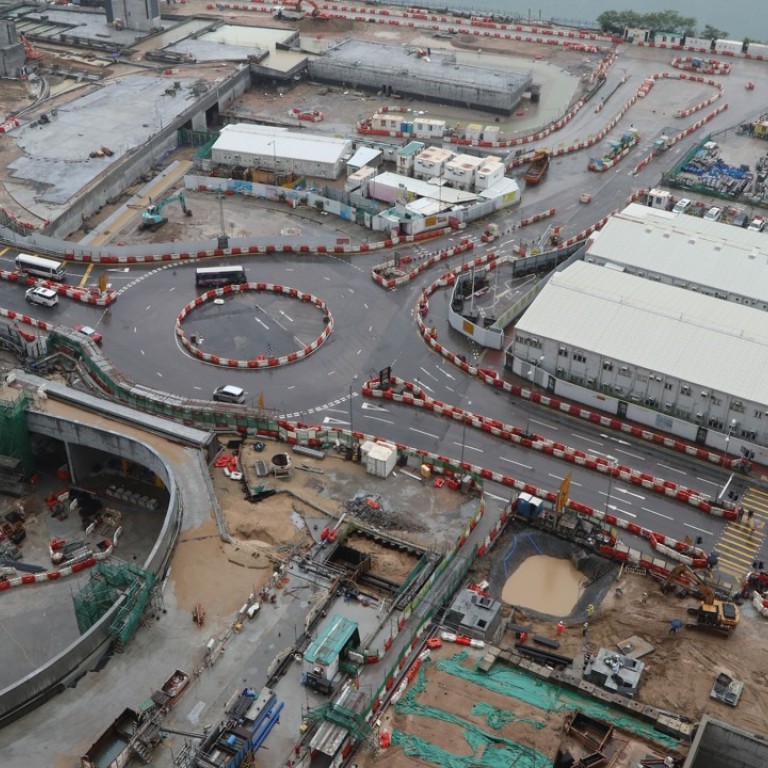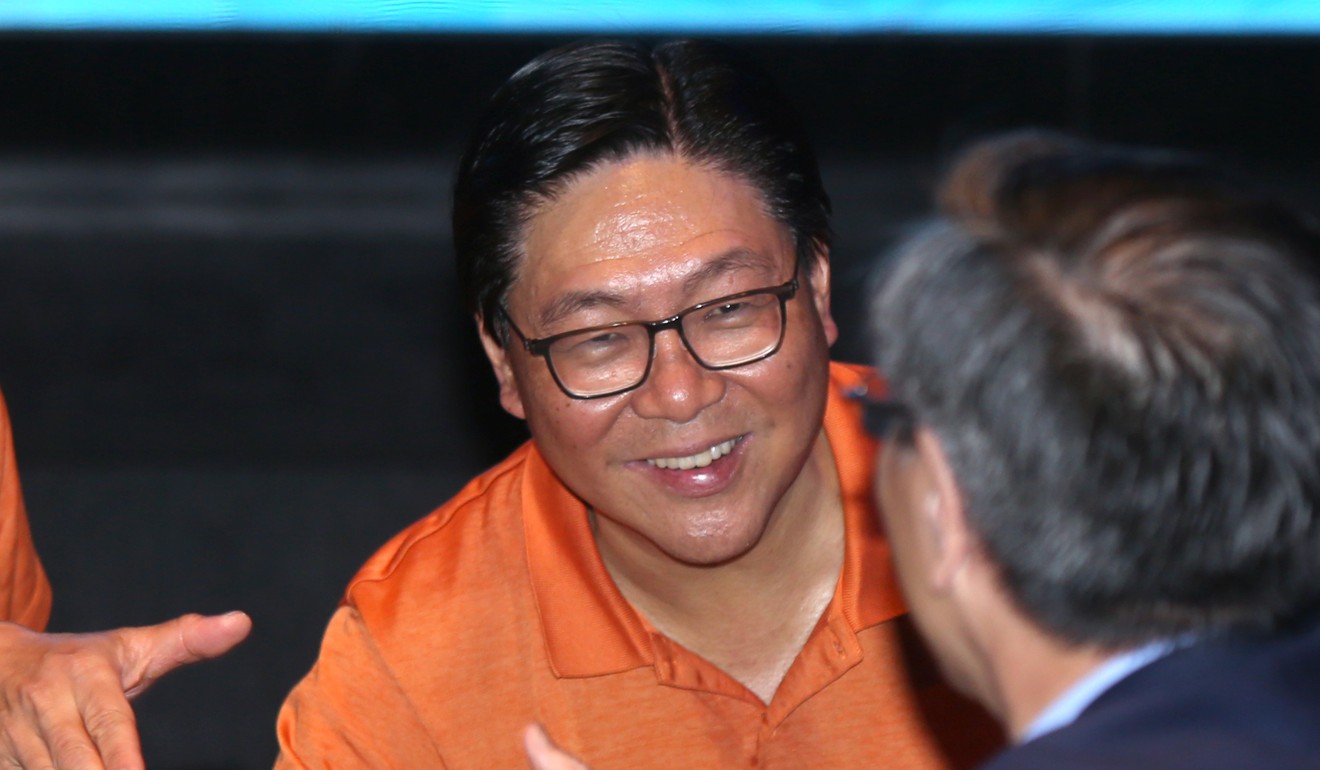
Hong Kong must reach deal this year on operating cross-border railway, MTR boss warns
Frederick Ma expresses confidence in new transport chief but says it will be a joke if plan for a joint checkpoint in West Kowloon falls through
An operating agreement for the HK$84.4 billion high-speed railway line between Hong Kong, Shenzhen and Guangzhou must be finalised this year to reduce uncertainty, the chairman of the MTR Corp has told the government.
Frederick Ma Si-hang also said it would be a “joke” if the controversial co-location arrangement – allowing passengers to clear mainland China’s customs and immigration in the city – eventually fell through as the new administration took over.
He admitted that delays meant a deal could not be signed with the current government, whose term ends on June 30. But pressure is building as the line is due to open in the third quarter of next year.
A deal “must” be finalised by the end of this year, Ma emphasised.
“There’s still a few months, but the faster the better because we’re talking about 800 to 1,000 employees manning [West Kowloon] station,” he said.
“We need to recruit people and provide relevant training. Training has actually begun for train drivers, but we still need a lot more operational staff.”
But he did not expect issues to arise from the new government, giving his vote of confidence to incoming transport and housing chief Frank Chan Fan.
“I have noticed Chan was very familiar with the issue during our meeting, so I believe he can handle the matter as soon as he steps into office,” Ma, a former commerce minister, said.
However, the bigger issue would be if – and when – the Hong Kong government could confirm arrangements with mainland authorities for the co-location of customs, quarantine and immigration facilities at the West Kowloon terminus.
Pro-democracy lawmakers have raised fears about officers from mainland China enforcing laws on Hong Kong soil. The plan needs the Legislative Council’s approval because it involves enactment of local laws.
“Although the corporation has no role in it ... If we don’t have co-location, the economic value of the high-speed train would be hugely discounted,” Ma explained.

Without a joint checkpoint the 48-minute journey time on the new line would be lengthened by at least 30 minutes – the same as a regular through-train ride to Guangzhou.
Ma also urged lawmakers to vet the future bill with the economic benefits in mind.
“If there is any local legislation to be passed, of course we have to go through Legco ... You can imagine there would be configuration changes if there is a co-location or without the co-location, so that is why we’re anxious to know the answer.”
His views were echoed by incoming Executive Council convenor Bernard Chan, who listed the co-location arrangement as one of the priorities for the cabinet of chief executive-elect Carrie Lam Cheng Yuet-ngor.
With the project entering the final phases, the focus has switched from infrastructure delays to the legal framework governing the cross-border operation.

